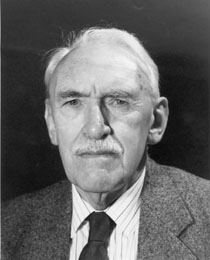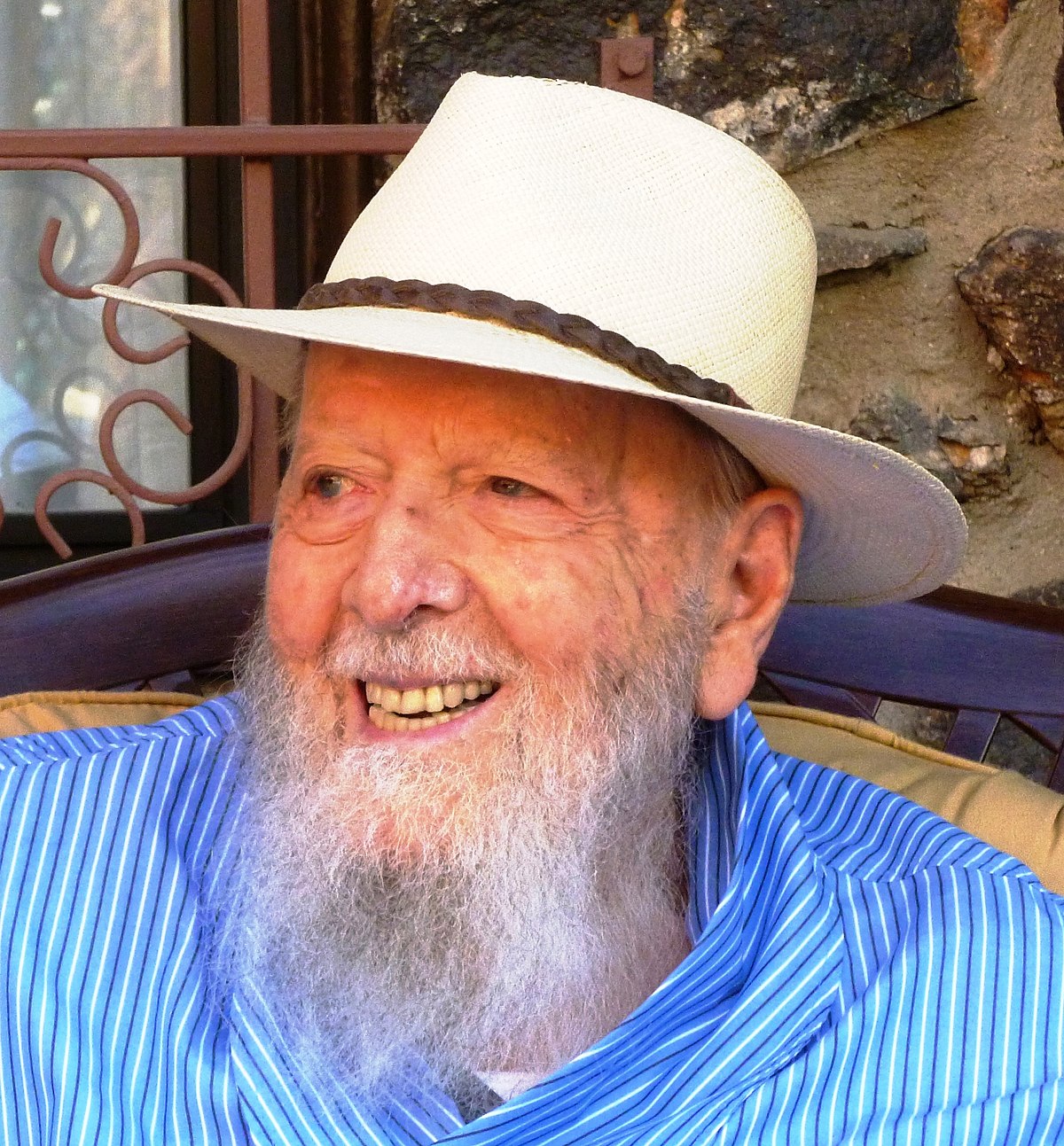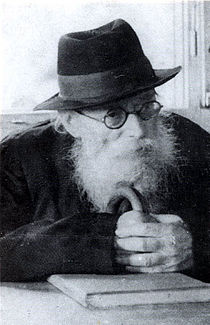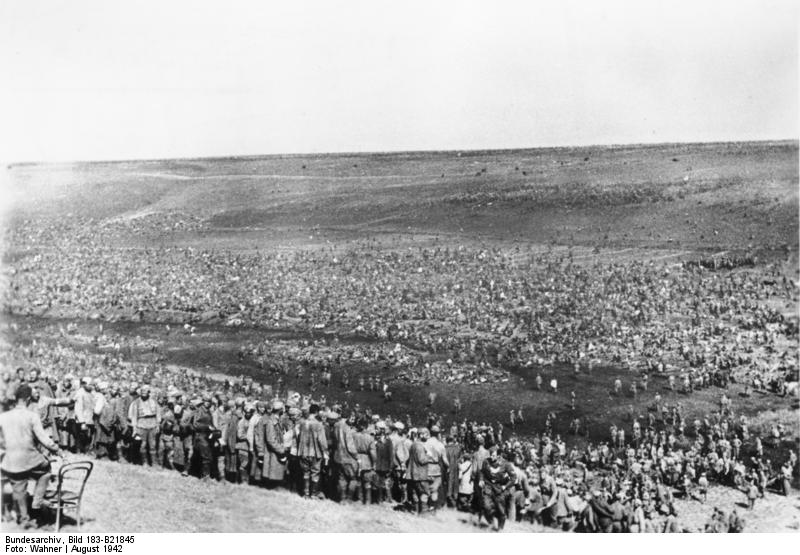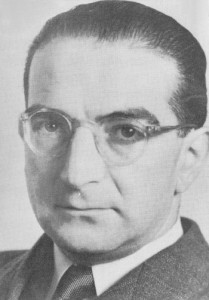
It is not possible to judge people who had to make decisions under such unspeakable situations as Nazi occupation. That is how we have to begin the difficult subject of Rudolf Kastner, who was head of the Zionist movement in Hungary and head of the Judenrat when the Nazis occupied Hungary in 1944.
It began when Kastner was offered a deal by the Germans to exchange 100,000 Jews for 10,000 trucks. Historians debate if this was a genuine offer. In either event, many Jews accepted the offer at face value, and one in particular, Joel Brand, served as a middle man to broker the deal. Try though he did, his pleas fell on deaf ears. The British were not sympathetic and the Jews were unbelieving.
At the beginning of the negotiations, as a token of good faith, the Nazis allowed one train with 1,684 notable Hungarian Jews (among them the Satmar Rebbe, Rabbi Joel Teitelbaum, zt’l) to escape Nazi-controlled Hungary. Despite Eichmann’s promise that the train would go directly to a neutral country, the Jews were held in Bergen-Belsen concentration camp in a special section for some months. Eventually, they were given passage to neutral Switzerland and most survived the war.
Kastner later claimed credit for saving the lives. However, many felt he was a traitor and selected only family members or those who paid the most money. Worse, they claimed, he knew that the Nazis intended to exterminate Hungarian Jewry but said nothing to warn others. Rudolf Vrba, an Auschwitz escapee and co-author of the first detailed reports on the Auschwitz camp, summed the feelings of many this way, “Kastner paid for those 1,684 lives with his silence.”
One day, in 1953, a person named Malchiel Gruenwald saw Kastner on the street in Tel Aviv and from then on took up a tremendous campaign of vilification against Kastner. Finally, Kastner had no recourse but to sue Gruenwald for libel. The suit was actually brought to court by the Israeli government on behalf of Kastner.
The result was the infamous Kastner trial. All the bad blood came out. Most damning of all were the accusations against the leaders of the Zionist movement, who it was claimed knew about the plight of Hungarian Jewry but did nothing to save it because in their political framework they believed that somehow it would be better if the Jews in Europe perished. The highly acrimonious trial was described in a famous book, Perfidy, by American playwright and Jewish activist, Ben Hecht. Though banned in Israel it quickly became an underground bestseller, especially among anti-Zionist Jews.
Although Kastner won the trial he was awarded one shekel, which was a message that he really lost. The court ruling said that Kastner had “sold his soul to the devil” by selecting some Jews to be saved, while failing to alert the rest of the community to its fate. Shortly thereafter he was assassinated in Israel. His murderer was never found.
Again, we cannot judge him, because the circumstances under which the Nazis put people were impossible to imagine. But the entire ordeal expresses the depth of feeling this event evoked, and still evokes.


